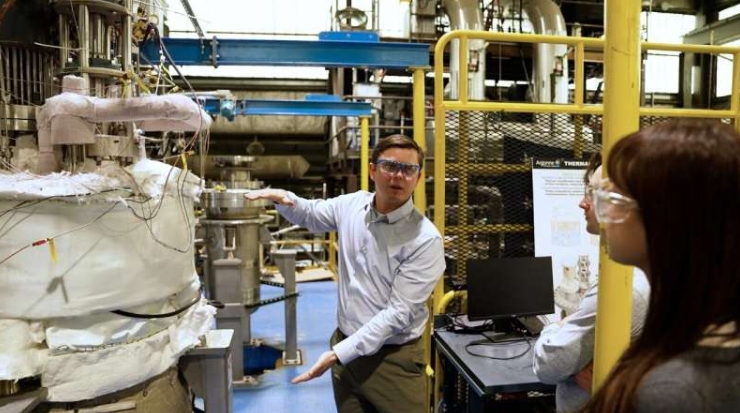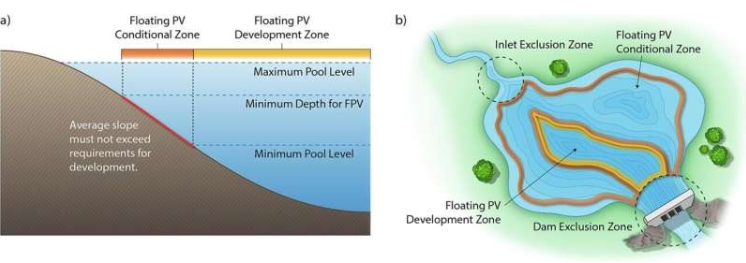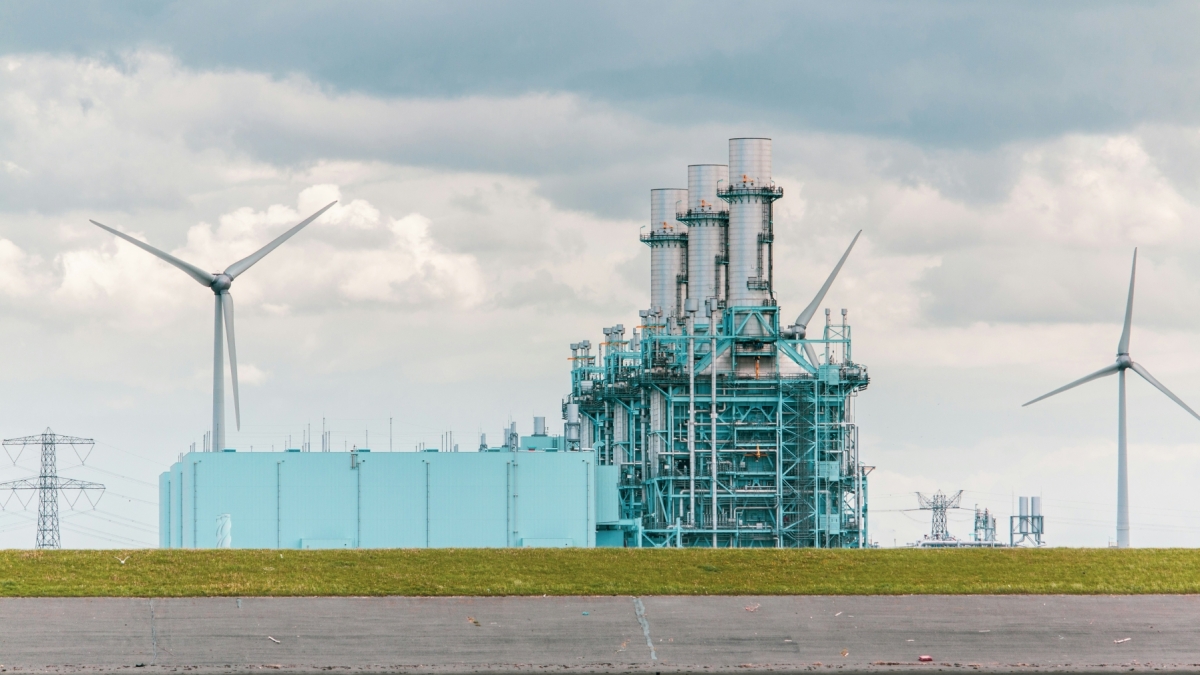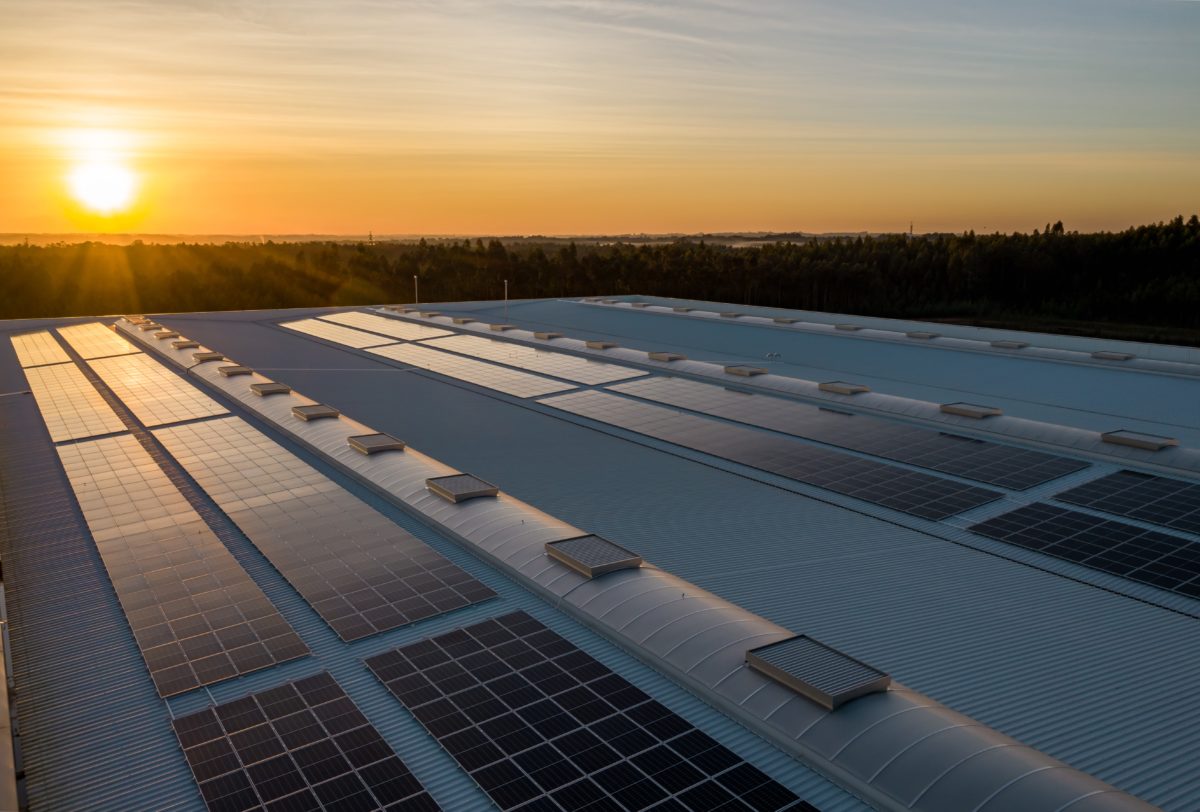The state should invest more in energy efficiency, designate it a national infrastructure priority and tighten rules to force builders to improve standards in homes and offices, said the Business, Energy and Industrial Strategy (BEIS) Committee.
“Improving energy efficiency is by far the cheapest way of cutting our emissions and must be a key plank of any credible strategy to deliver net zero by 2050,” said the parliamentary committee’s chairwoman Rachel Reeves in a statement.
“If the government lacks the political will to deliver energy efficiency improvements, how can we expect it to get on with the costlier actions needed to tackle climate change?”
Britain last month became the first G7 country to adopt an ambitious law to reach net zero emissions by 2050.
However, it has failed to set sufficient policies to combat climate change and must act urgently to cut greenhouse gas emissions to meet the new net zero target, the advisory Committee on Climate Change warned earlier this week.
Energy used to heat buildings creates nearly 20% of Britain’s emissions, most of which comes from residential homes, Friday’s BEIS Committee report said.
“The government is presiding over a failing policy,” it said, pointing to shrinking investment in energy efficiency and builders exploiting legal loopholes to avoid meeting efficiency standards.
Robert Gross, director of the Centre for Energy Policy and Technology at Imperial College London, one of Europe’s most innovative universities for science, said the report echoed the views of many energy experts.
“Progress with energy efficiency has stalled and needs a policy kickstart,” he said.
“We cannot do everything we need to with efficiency but it’s where we should start. It’s often low cost and can be a prerequisite for other technologies to work.”







